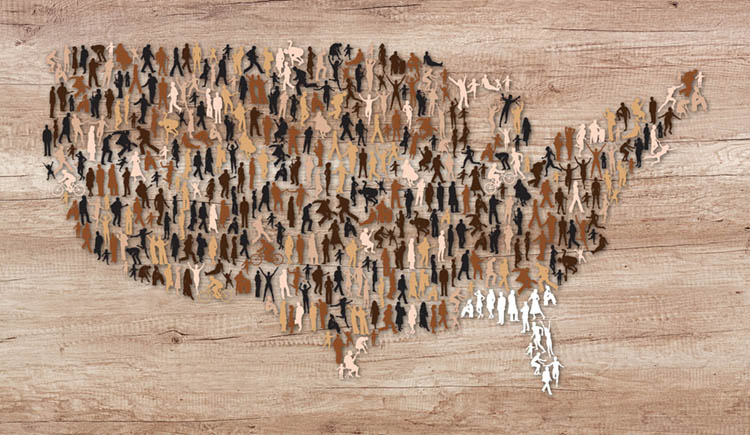State judge who blocked Arkansas executions and protested is removed from capital cases

A state judge in Arkansas who barred the state from using one of its execution drugs has been removed from hearing capital cases after participating in death-penalty protests.
The Arkansas Supreme Court reassigned capital cases on the docket of the judge, Wendell Griffen, in an assignment order (PDF) on Monday, Arkansas Online reports. The court directed that Griffen be referred to the Judicial Discipline and Disability Commission to determine whether he violated ethical requirements.
The state had planned to execute eight inmates in 11 days before its execution sedative midazolam reaches its expiration date. After a judge blocked one of the executions to allow for a determination of an inmate’s mental competency, the state was seeking to proceed with the seven other executions. A flurry of court rulings beginning on Friday, including Griffen’s ruling, blocked all of the executions; the state was appealing.
Griffen blocked the use of vercuronium bromide on Friday after McKesson Medical-Surgical alleged the state had duped the company into providing the drug for its executions. The drug, which is used to stop the inmate’s breathing, is one of three drugs used in the state’s execution cocktail.
A federal judge cited issues with the second execution drug, midazolam, on Saturday and also blocked the executions.
The Arkansas Supreme Court said judges should act to maintain public confidence in their independence and impartiality, but did not mention Griffen’s participation in the protests.
According to an emergency petition filed by Arkansas Attorney General Leslie Rutledge, Griffen participated in a rally before issuing his restraining order, report the Washington Times and the Associated Press. Afterward, he was photographed at a second protest lying on a cot to simulate the experience of a condemned prisoner on a gurney.
Rutledge also alleged that Griffen criticized the executions in a blog post earlier this month where he referred to the state’s plans “to commit a series of homicides.”
Griffen told AP on Saturday that he is opposed to the death penalty on moral grounds, but that shouldn’t disqualify him from hearing certain cases. He didn’t comment specifically on the protest or his ruling, however.
Griffen previously tussled with the judicial commission over his criticism of President George W. Bush and the war in Iraq, according to the AP story. The commission decided not to pursue its case against Griffen over those comments.
Related article:
ABAJournal.com: “7 executions in 11 days wouldn’t allow due process, ABA president tells Arkansas governor”



